MIT team proposes flex-fuel gasoline-alcohol engine PHEV long-haul trucks
Green Car Congress
APRIL 9, 2019
—Cohn and Bromberg (2019). In addition, by using a flex-fuel configuration that allows it to run on gasoline, ethanol, methanol, or blends of these, such engines have the potential to emit far less greenhouse gas than pure gasoline engines do, and the incremental cost for the fuel flexibility is very small, Cohn and Bromberg say.



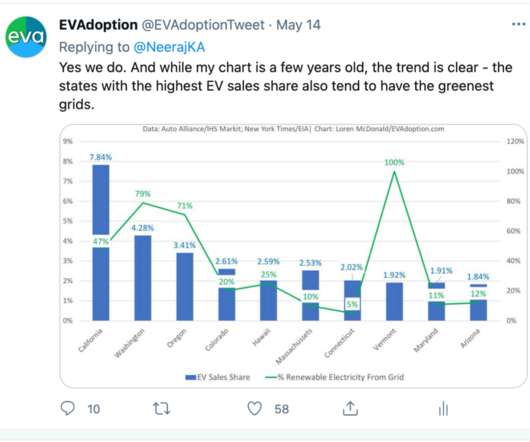



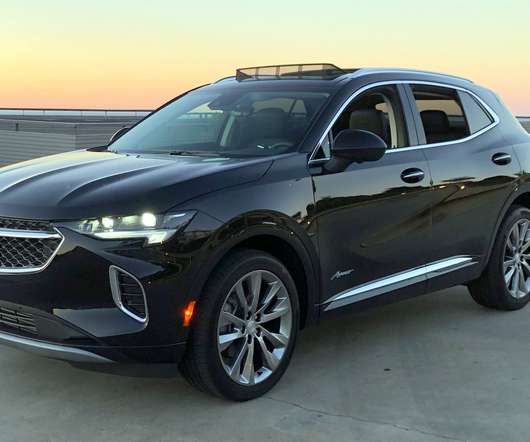
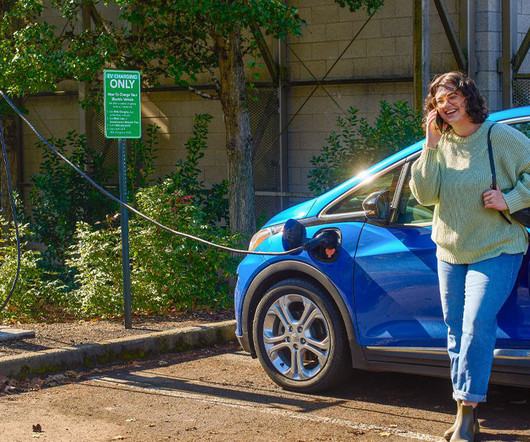
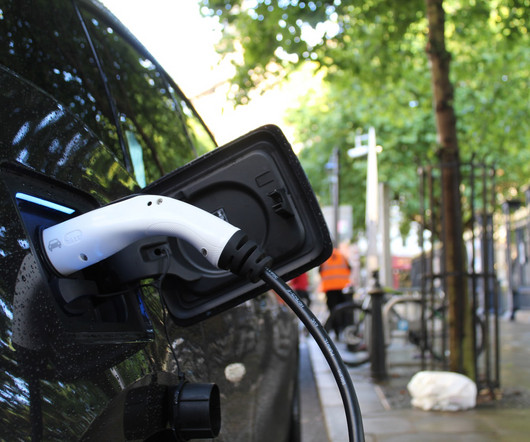
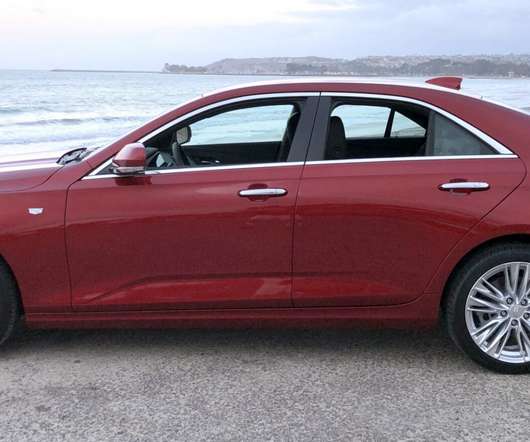
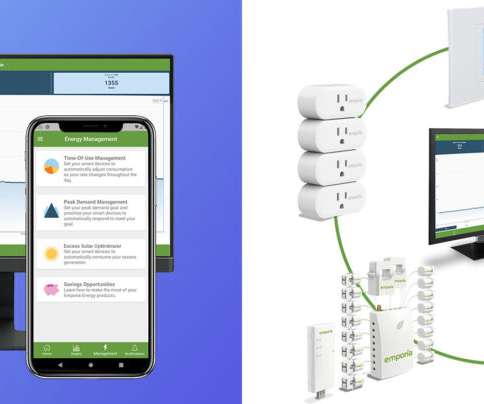






Let's personalize your content